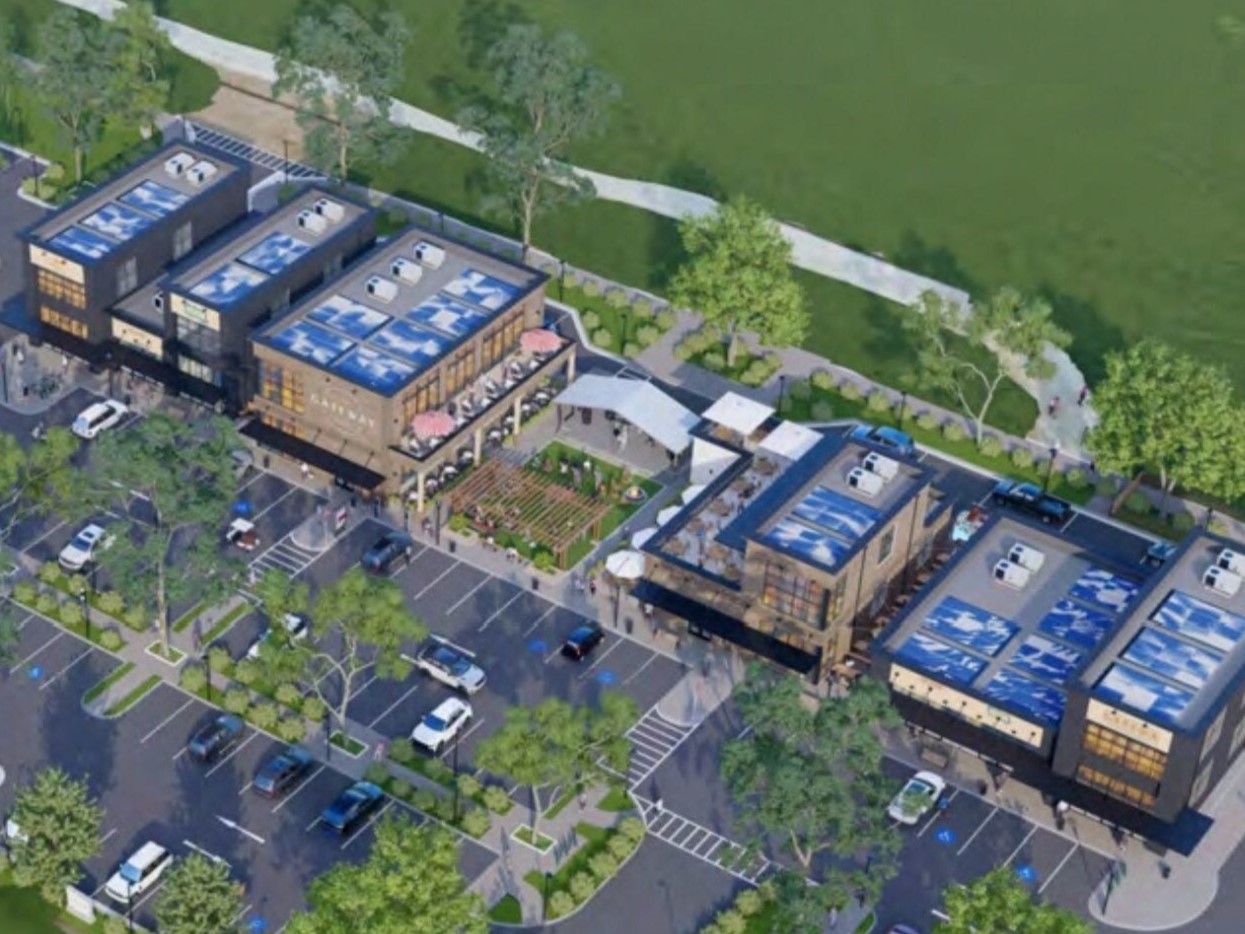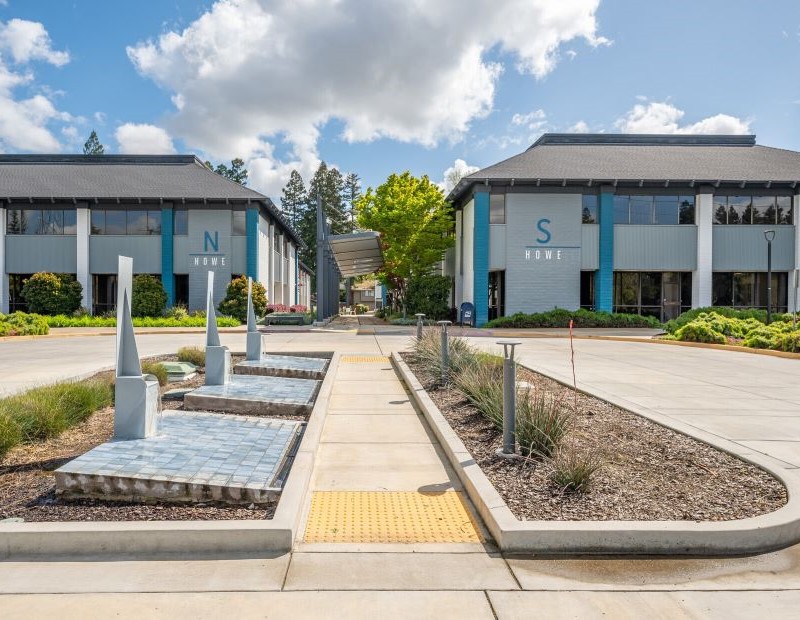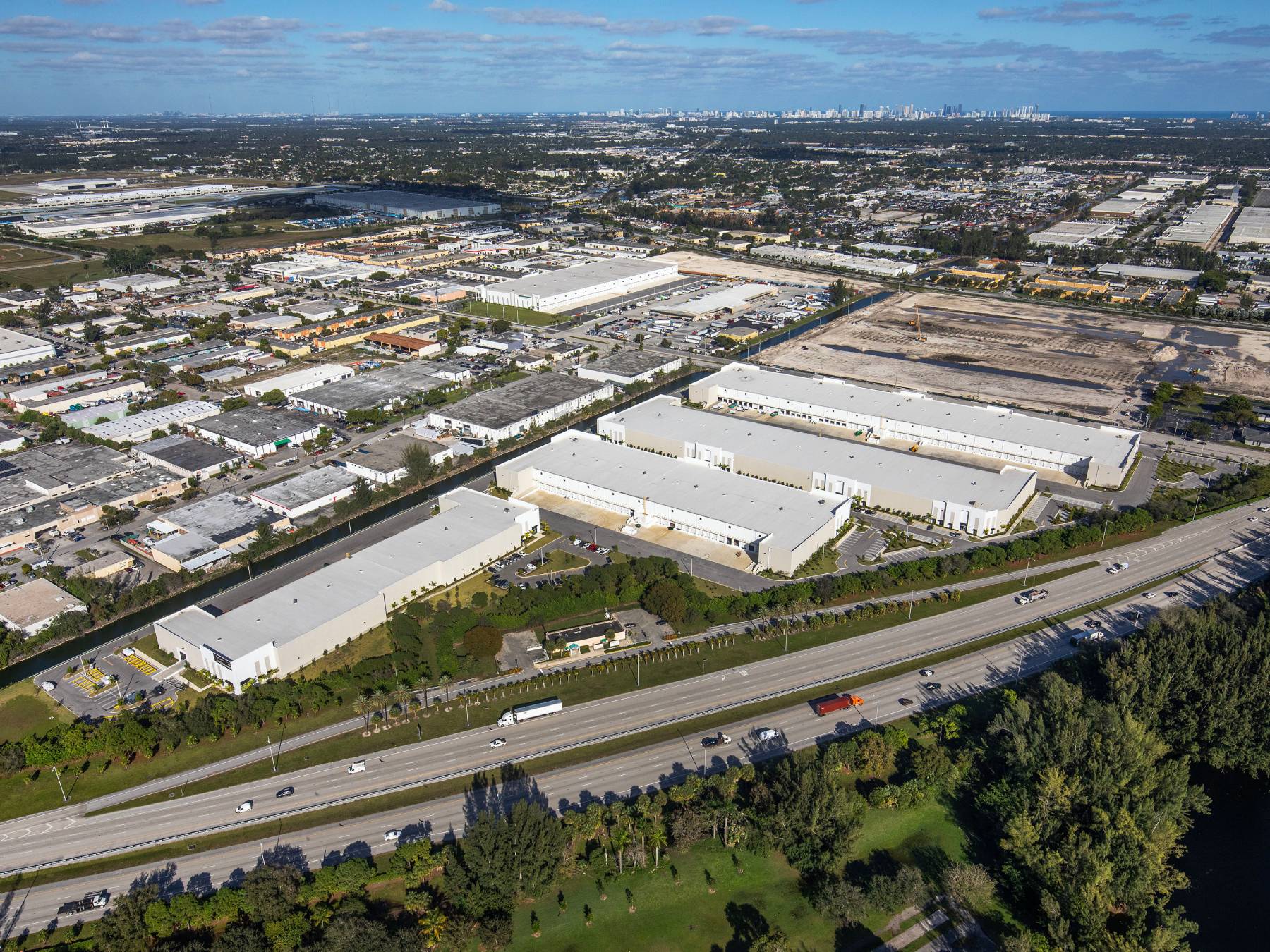Bolstering Revenue with Solar Rooftop Leases
With the cost of PV solar installations at a low, rooftop solar leases have more income potential than ever before. Gabriel Schnitzler of Mintz Levin shares key operational and legal considerations for property owners to keep in mind when diving into this new opportunity.
By Gabriel Schnitzler
Property owners can find unexpected sources of revenue just by looking up. The rooftops of warehouses and office properties in particular provide opportunities to earn extra cash via rooftop solar leases—deals under which a solar developer leases a rooftop to site its solar system and sells the power it generates to the local utility or another offtaker. Now with the cost of PV solar installations at a low, rooftop solar leases have more income potential than ever before, yet property owners must enter into these agreements with caution, keeping in mind key operational and legal considerations, especially if they’re new to solar.
Preliminary Considerations
When considering a solar rooftop lease, the property owner should first review all space leases for the property to confirm that the premises description is limited to the building interior, and to confirm the scope of any roof rights.
Further, the property owner should consider what reserved rights are needed for existing and future HVAC and telecom equipment on the roof. It should also consider possible expansion plans on the property, as the solar tenant will not want new construction which shades its solar system.
Both the property owner and the solar tenant should confirm with a structural engineer that the roof has sufficient bearing capacity to support the new solar installation.
The Roof
Property owners and the solar tenants will also need to assess the remaining useful life of the roof. Ideally, this should be consistent with the terms of the PPA the solar tenant intends to enter into with the local utility or other offtaker. Such consistency minimizes the risk of possible disruptions and the need for roof replacement after the system is installed, which increases costs. Achieving such consistency may require that repairs or replacement of the roof occur before the solar installation, necessitating that the property owner and solar tenant agree on (1) which party will bear these pre-installation roof replacement and repair costs, (2) the scope of work, and (3) coordination of pre-installation roof replacement or repairs with the solar tenant’s diligence and construction schedule.
In assessing roof impacts from solar system installation, the property owner should inquire with the solar tenant whether the system will be ballasted or fastened to the roof. If the system will be fastened to the roof, the property owner should consult with its roofer concerning the tenant’s proposed fastening system.
The property owner will want to ensure that no work by the solar tenant will invalidate the roof warranty, and will want any roof work necessitated by solar system installation, maintenance, or removal to be performed by a licensed roofing contractor. The property owner will want the solar tenant to bear the cost of any roof repairs or leaks related to the solar system.
The solar tenant will need advance notice before any downtime occurs from a future roof replacement. It will also want to limit the time period for any repairs. In the lease negotiation, the property owner and solar tenant will need to negotiate who bears the cost of removing and storing the solar system while roof replacement is being performed.
Solar Tenant’s Due Diligence and Construction Period
The solar tenant will require a diligence period to enable it to obtain permits, enter into a PPA, and obtain permission to interconnect. The tenant will then need time to construct the system. The property owner will want reasonable milestones for completion of the diligence and construction phases of the project and, like the solar tenant, will want the right to terminate the solar lease if project milestones can’t be achieved on schedule. If the property owner is working from the solar tenant’s lease form, it should confirm that the rent commencement date lines up correctly with the diligence and construction milestones so that the lease does not continue indefinitely without the tenant paying rent. To illustrate, a lease with an outside date for the solar tenant to complete construction, but no outside date for commercial operation to be achieved, with rent commencement tied to the commercial operation date, would be a problem for the property owner.
The mechanic’s lien and construction risk related to system installation is perhaps the single most difficult issue for the solar tenant and property owner to negotiate. The solar tenant may be reluctant to agree to parent company or principal exposure on construction risk. The property owner on the other hand will want adequate security to ensure construction costs are paid and that the system is completed. Such security will also be an important factor in obtaining consent from the property owner’s lender. For the same reason, and for its own protection, the property owner should understand the solar tenant’s construction budget, schedule, and sources of funds.
Construction security issues can be solved in a variety of ways, including a construction guaranty from the solar tenant’s principals, a construction letter of credit, or a requirement that the solar tenant demonstrate evidence of payment in full for the solar hardware and show evidence of construction financing prior to construction commencement.
Once construction begins, the solar tenant will likely need a temporary construction staging area for its equipment. The property owner will need to identify space that can be used for this purpose, consistent with its obligations to existing tenants.
Lender Consent and Nondisturbance Agreements
If the property is encumbered by a mortgage, the property owner will likely need to obtain its lender’s consent, and the loan documents should be reviewed to confirm lender’s rights. Even though the solar lease may provide material unanticipated cash flow for the property, the lender may not necessarily view the transaction as favorably as the property owner, as it may be more concerned with downside risks from the transaction rather than the upside, especially if the loan is securitized.
The solar tenant will want any subordination of its leasehold interest to be subject to the lender’s agreement not to disturb the tenant absent a default. It will also require that the lender disclaim any rights in the solar system. The property owner will need the solar tenant to be obligated to execute a subordination and nondisturbance agreement from time to time in connection with financings. From the property owner’s perspective, the lease should be drafted to obligate the solar tenant to execute an SNDA on the lender’s commercially reasonable standard form, to avoid extended negotiations between the lender and the solar tenant.
Solar rooftop leases present income opportunities for property owners provided attention is paid to key operational and legal issues that can prove costly if mishandled. Minimizing this risk is best achieved by closely considering the issues detailed above and engaging legal counsel expert in solar.
Gabriel Schnitzler is a member at the law firm Mintz Levin. Based in San Francisco, he works closely with commercial real estate, health care, and technology clients in the acquisition, leasing, sale, financing and development of office, multifamily, industrial and R&D properties.








You must be logged in to post a comment.